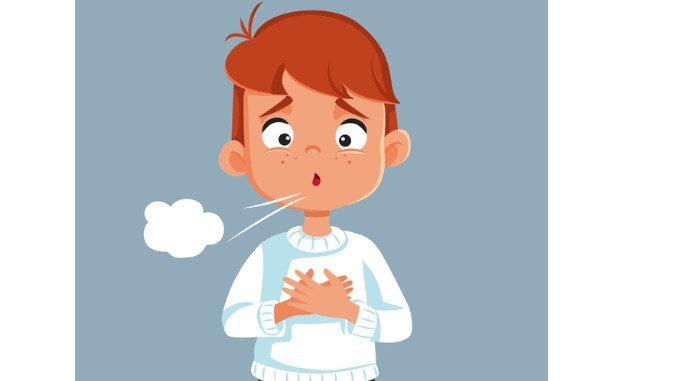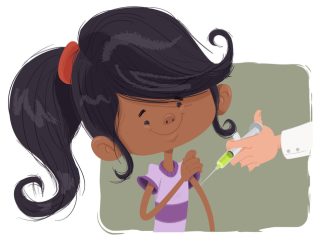As reported by The Independent, health officials express worry over increasing cases of pertussis, urging parents to ensure their children are vaccinated to prevent serious complications
Also known as pertussis, or the “hundred-day cough”, the bacterial infection can be particularly serious for very young children, for whom it can even be fatal in very rare cases.
But with vaccination rates dropping among children and pregnant women, the UK Health Security Agency (UKHSA) warns that there were as many as 553 new cases of whooping cough identified in England in January alone.
That compares to just 858 cases in the whole of 2023, which were themselves a significant rise from the pandemic – when quarterly cases fell as low as zero.
January’s cases appear to put England on track to surpass the most recent peak year of 2016, which saw 5,949 infections. The worst year in modern records was in 2012, when 9,367 cases were recorded.
Symptoms are similar to a cold at first but after about a week patients will get coughing bouts that last for a few minutes and are worse at night. Young babies may also make a distinctive “whoop” or have difficulty breathing after a bout of coughing.
The condition spreads very easily and can sometimes cause serious problems.
Officials warned that the increase in cases comes at a time when there has been a steady decline in uptake of the vaccine against whooping cough in pregnant women and in children.
Parents have been urged to check that their child is vaccinated against whooping cough and the UKHSA is reminding pregnant women to get the vaccine so their babies are protected at birth.
“Whooping cough can affect people of all ages but for very young infants, it can be particularly serious,” said Dr Gayatri Amirthalingam, UKHSA consultant epidemiologist.
“However, vaccinating pregnant women is highly effective in protecting babies from birth until they can receive their own vaccines.
“Parents can also help protect their children by ensuring they receive their vaccines at the right time or catching up as soon as possible if they have missed any. If you’re unsure, please check your child’s red book or get in touch with your GP surgery.”
The vaccine is offered as part of the six-in-one jab when babies are eight, 12 and 16 weeks old.
The number of two-year-olds who completed their six-in-one vaccinations as of September 2023 is 92.9 per cent, compared with 96.3 per cent in March 2014.




Be the first to comment